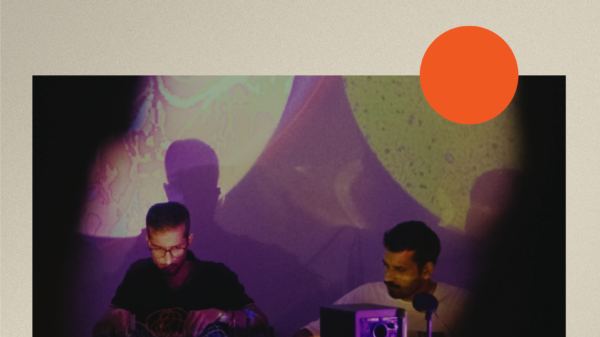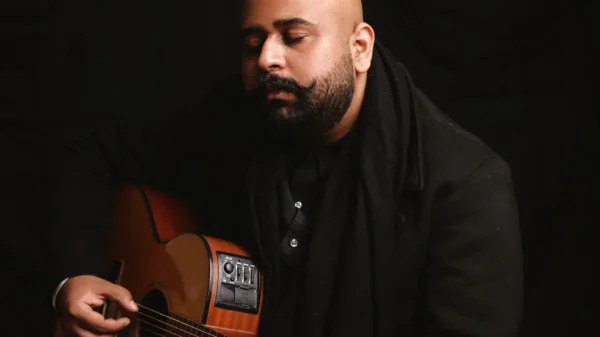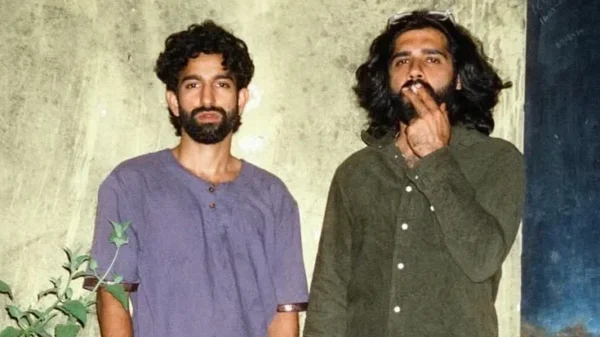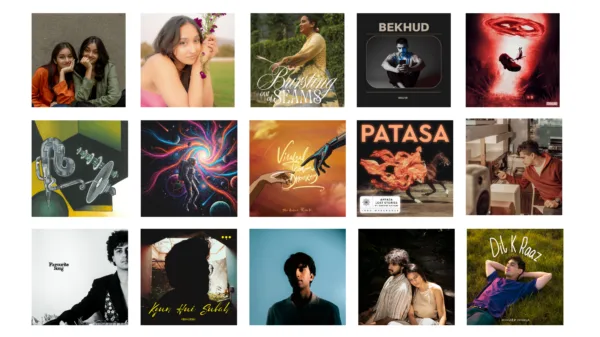Aksomaniac is a producer, pianist and storyteller who has steadily been reshaping the emotional vocabulary of Malayalam R&B. He paused his pursuing of engineering to focus on being a full-time artist after getting signed to Def Jam India.
Over the last few years he has released music in English, composed soundtracks for films and carved a name for himself by blending lo-fi textures, jazz sensibilities and lyrical confessions. His music is vulnerable, unguarded and quietly radical.
‘Varthamanam’ is his latest 5-track EP about introspection and identity which blurs the boundaries between confessional and commercial.
“R&B has always been about sex positivity,” Says Aksomaniac. “This is my take on opening up important conversations around intimacy in this country.”
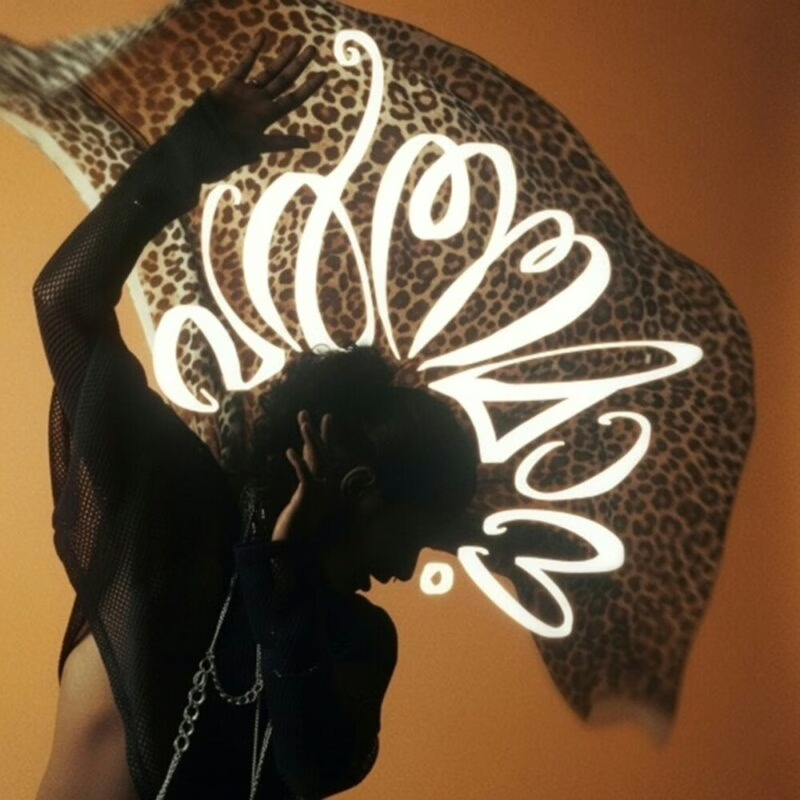
The first song on the EP is ‘Karupp’ which translates to blackness. It’s a deeply personal exploration of colorism that tells the tale of a boy’s journey through societal perceptions. The song wrestles with the inherited violence of being told you are too dark, too much, too other.
The next is ‘Kanmashi’ which translates to kohl or kajal. The song is an exploration of queer selfhood rooted in multiple genres – from Carnatic, jazz, pop, R&B to hip-hop. The protagonist finds the act of wearing kajal as a way to embrace their sexuality. The music video is stunningly erotic, tenderly mythic and thoroughly brilliant.
My kajal poses questions I can’t answer…
The glory of tradition embraces modernity in the video that invokes the mythos of Gods to talk of the sexual politics of our times in an especially brave move. The song celebrates, rebels and reflects in equal measure.
I wish for the embrace of Gods of sex as a blessing
I seek their validation but those who block my way deem me undeserving
Let the scriptures be rewritten
And turn into stories tomorrow
I too will endure as the changes happen
‘Paapam’ is about the trappings of desire and the shame and guilt that comes through it. ‘The song was born out of a pregnancy scare and confronts the shame around intimacy that can obscure pleasure and priorities…’ says Aksomaniac.
My ways are tainted with sin, cursed beyond measure
And the comfort you offer only weighs me down
Even if I were to cease to exist
The weight of guilt would remain on my shoulders
The idea is that desire is so rooted in its own fulfilment that it can never be quenched or satiated. One desire leads to another.
Even after I’ve satisfied it, my body still hungers for more
I’m intoxicated by the scent of your sweat, yet it feels wrong
I’m trapped here, with no escape
How can I be desirable when I destroy myself
Aksomaniac mixes pop sensibility with avant-garde sensitivity. These songs reflect on beauty standards, identity, sexuality and the diversity of human experience – inviting listeners to engage with challenging topics and embrace their roots and uniqueness.
Aksomaniac has cemented his voice in Malayalam R&B and established ‘Varthamanam’ as a vital commentary on contemporary Indian social realities.
Aksomaniac is an exceptionally talented artist and having followed his journey closely we at Def Jam India are thrilled to partner with such a passionate young visionary on his EP. It is inspiring to witness artists like Akso create projects that thoughtfully blend sensitive themes with powerful music and visual storytelling transcending language and regional boundaries.
– Sumedhas Rajgopal - Head of Independent Artist Collective (Badshah, Hanumankind, Def Jam India, VYRL Originals & More)
We got in touch with Aksomaniac for some questions on the album and this is what he had to answer.
Why is sexuality such an integral part of the album? What do you hope queer listeners take away from this release?
R&B, for me, has always been about intimacy — but the kind of intimacy I wanted to explore with this record is far more internal than external. The songs dissect themes like shame, sexual orientation, and self-understanding. I wanted to show that an R&B album can be intimate not just through relationships with others, but through the relationship you have with yourself.
Talking about sex and sex positivity is an extension of that — it’s how I naturally express intimacy in my music. In a country where conversations around sexuality are still layered with stigma, I wanted this record to hold space for openness, for honesty. It’s my first record in Malayalam, and I felt it was important that it reflected a kind of vulnerability and safety that listeners — especially queer listeners — could see themselves in.
You reflect on beauty standards and coming to terms with inhabiting one’s own skin. How has the journey been for you?
It’s been a slow and quiet process — not something I consciously set out to do, but something that’s unfolded naturally over time. Thankfully, it wasn’t a violent or painful journey for me, though I know that’s not the case for everyone. I’m still understanding different parts of that process through the songs I write.
When I was working on ‘Karupp’, for instance, I had to sit with a lot of memories and really re-examine them. There are things you normalize when you’re younger that, with time and perspective, you begin to see differently. Having close friends to talk about those experiences with helped me revisit them in a more active, compassionate way.
I’m deeply grateful for songwriting — and for ‘Karupp’ in particular — because it gave me a way to look back and make sense of myself. Without the music, I don’t think I would’ve processed those parts of my life in the same way.
What’s your favorite part about the record?
I think the writing across the entire EP is what I find most endearing. These four songs mark my first real attempt at making music in Malayalam, and I had incredible people around me who helped fill the gaps in my writing. I was very aware of my limitations — of the things I couldn’t quite do yet — but that made the process even more special.
Most of these songs were written a year and a half ago, and when I look back at them now, even with all their imperfections, there’s an honesty I really cherish. A song like ‘Aliyum’, for example, feels like me trying desperately to say things I didn’t yet have the language for. And I think there’s something very beautiful about that — that raw sincerity in the attempt itself…






